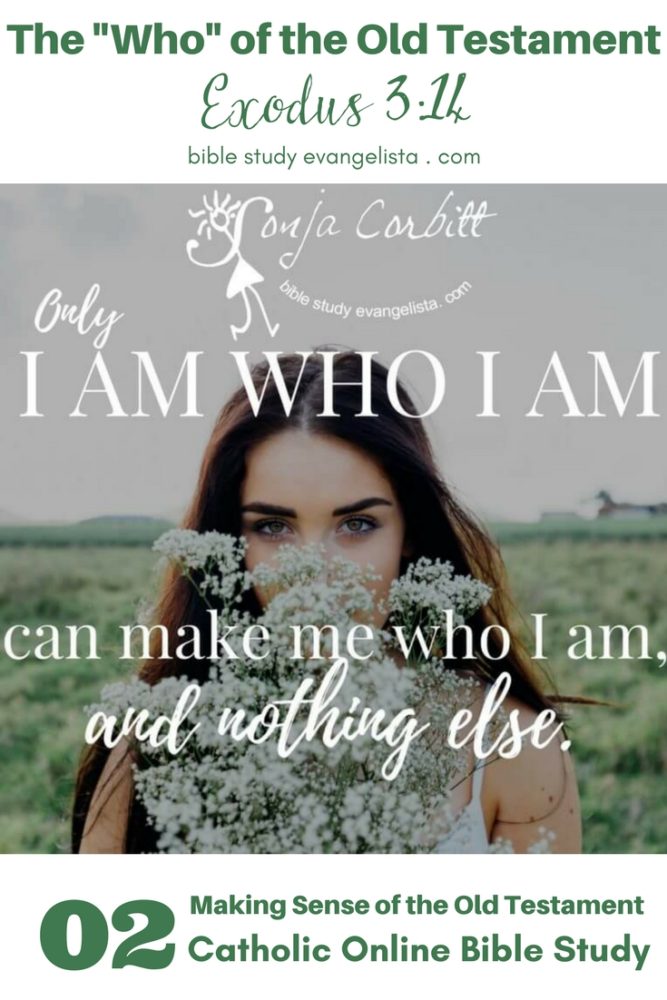God says He is Who He is, and nothing else. In the Bible, in His own words, we see that He is a living, personal God who insists on treating the persons He has made as persons too, by revealing Himself to them. In encountering God in the scriptures we can then consider that the Old Testament, and indeed the whole Bible, is about this same gradual, increasing self-disclosure to a particular race of people just like me: the revelation of a Person to persons, like ourselves, who also actually lived in a certain place at a certain time.
Welcome Cathy C and Kathryn R, Bible Study Evangelista’s newest friends of the show! Thank you for loving and lifting me :)
LOVE the Word™ is a Bible study method based on Mary’s own practice: lectio without the Latin.
L – Listen (Receive the Word.)
O – Observe (Choose one or more of the following personality approaches to connect the passage to your life and recent events.)
F | Franciscan – What do you know about your spiritual ancestry? Who do you know, for sure or by speculation, in your family line has prayed for you? For whom do you pray, after you, perhaps your spiritual or physical children or grandchildren?
I | Ignatian – Read Exodus 3. Imagine you are Moses. What do you see, hear, smell, feel as you look upon that bush?
A | Augustinian – Take some time to research the meaning of your name. If you are able, ask your parent to tell you the story of how they named you. Otherwise, tell your own child or grand-child or spiritual “child” the meaning of his or her name.
T | Thomistic – Do further research on I AM.
V – Verbalize (Pray about your thoughts and emotions.)
Remembering that He loves you and that you are in His presence, talk to God about the particulars of your O – Observe step.
E – Entrust (May it be done to me according to your word!)
Holy Spirit, Thank you for reminding me that I would not exist at all if You did not love me “from the foundation of the world,” as the scriptures say. I am who I am because You are Who You are. + Amen.
.
*LOVE the Word™ exercises are offered according to FIAT: the four personalities, or “prayer forms,” explored in Prayer and Temperament, by Chester Michael and Marie Norrisey: Franciscan, Ignatian, Augustinian, and Thomistic: FIAT! These prayer forms correspond to the Myers-Briggs personality types.
Notes and References
“A name expresses a person’s essence and identity and the meaning of this person’s life. God has a name; he is not an anonymous force. To disclose one’s name is to make oneself known to others; in a way, it is to hand oneself over by becoming accessible, capable of being known more intimately and addressed personally” (CCC 203).
St. Irenaeus, who was the bishop of Lyon in late second-century France, said that to understand “the divine program and economy for the salvation of humanity” we have to understand God’s “several covenants with humanity” and also “the special character of each covenant.” (Against the Heresies, Book I, Chapter 10, no. 3).
Ignite, Chapter 2, The Who of the Bible
Episode Resources
Read the Transcript
You can download a complete, word-for-word transcript.
Protected Content. Click Here to sign in
Courtesy of Kristie Hynniman who does our transcriptions for you.




When will the word for word transcript be up to read for the Old Testament series ? Love the study!! ❤️????✝
First two are up now <3